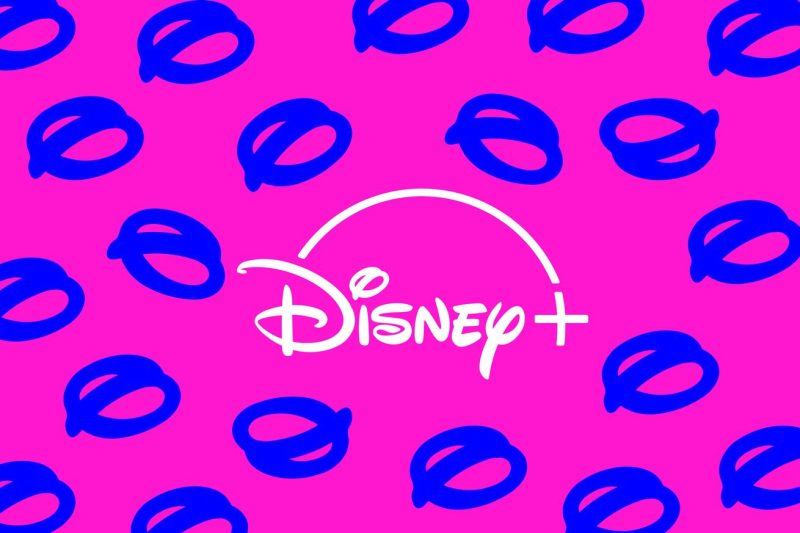In recent news, the entertainment giant Disney has made a significant decision that has sparked widespread discussion. The company has reportedly abandoned its efforts to leverage its streaming platform Disney+ as an excuse to settle a wrongful death lawsuit. This turn of events has raised important questions regarding corporate responsibility, legal strategy, and the intersection of entertainment and real-world consequences.
The case at the center of this controversy involves a tragic incident that occurred on the set of a Disney production. A stunt performer, who was working on a high-risk sequence for an upcoming movie, lost his life in a fatal accident. The performer’s family subsequently filed a wrongful death lawsuit against Disney, alleging negligence and seeking damages for their loss.
Disney’s initial response to the lawsuit was to explore the possibility of using its popular streaming service, Disney+, as a bargaining chip in settlement negotiations. The company reportedly considered offering the family an exclusive documentary or tribute on Disney+ as part of a settlement agreement. This approach, however, has now been abandoned in the face of mounting public scrutiny and legal considerations.
The decision to walk away from the Disney+ settlement strategy raises important ethical and legal questions for the company. Critics have argued that attempting to use a streaming platform as a tool for resolving a wrongful death lawsuit is inappropriate and callous. Such a move could be seen as an attempt to exploit the situation for commercial gain, rather than addressing the fundamental issues of accountability and justice.
Moreover, the case highlights the challenges that entertainment companies face when dealing with real-world consequences of their productions. The pursuit of creativity and spectacle in filmmaking often involves inherent risks, especially when it comes to high-stakes action sequences and stunts. Balancing artistic vision with safety considerations is a delicate task, and tragedies such as the one in question serve as a stark reminder of the potential dangers involved.
As Disney navigates the aftermath of this unfortunate incident, it must grapple with the broader implications for its operations and reputation. The decision to abandon the Disney+ settlement strategy signals a recognition of the need to address the lawsuit in a more transparent, responsible manner. Moving forward, the company will likely face increased scrutiny and pressure to uphold high standards of safety and accountability in its productions.
In conclusion, the case of Disney’s handling of the wrongful death lawsuit sheds light on the complex dynamics at play when entertainment intersects with real-world consequences. The decision to walk away from using Disney+ as a bargaining chip underscores the importance of ethical considerations and legal obligations in dealing with such sensitive matters. As the entertainment industry continues to evolve, it is crucial for companies like Disney to prioritize safety, transparency, and integrity in their operations.

